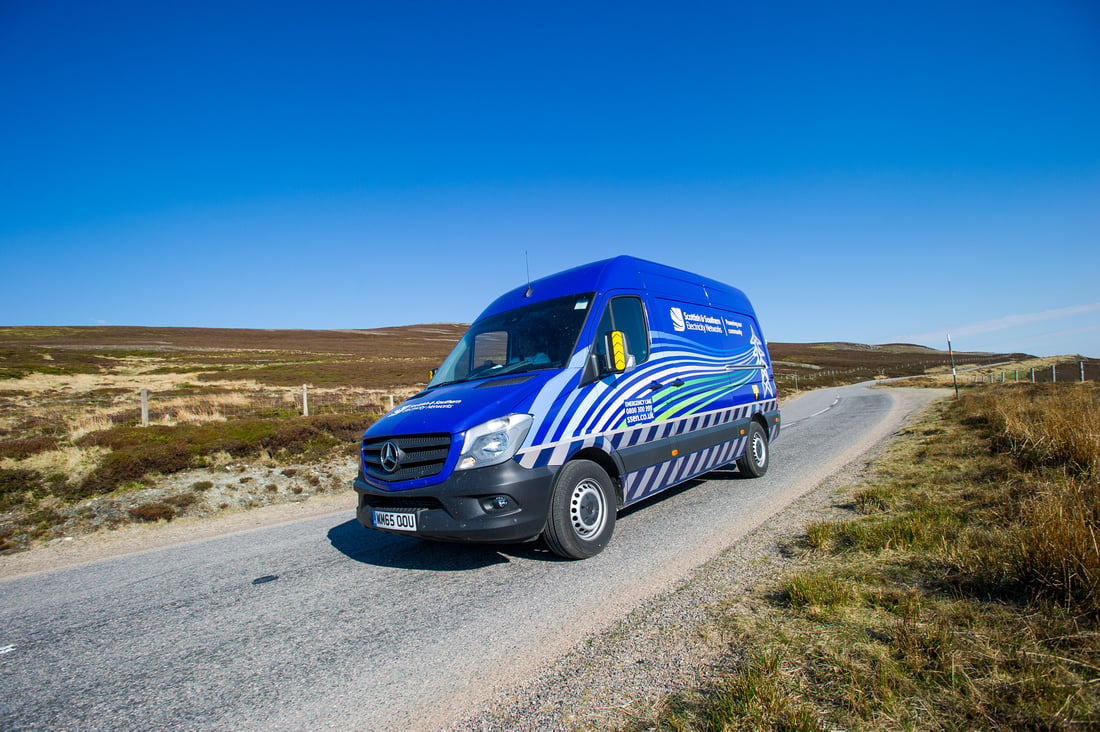New studies published by Scottish and Southern Electricity Networks (SSEN) Distribution today suggest that consumers are taking action to avoid being locked into technologies that rely on costly fossil fuels.
The studies published today were undertaken by sustainable energy experts, Regen, and build on SSEN’s annual Distribution Future Energy Scenarios (DFES). The reports were commissioned in recognition of the colossal upheaval in the energy sector and wider economy which has taken place since SSEN’s 2021 DFES forecasts were published at the start of this year. A reasonable assumption would be that the concurrent crises of climate, energy and cost of living, would create a pause in the public appetite for low carbon technologies (LCTs), such as electric vehicles and heat pumps.
SSEN commissions regular scenario forecasts to enable well-informed, cost-efficient network management. These forecasts also help discussions with the regulator, Ofgem, as SSEN seeks to reach a fair and balanced settlement for the next price control period, RIIO-ED2. The Early Insights published today provide the starting point for the full DFES 2022 which will be published in early 2023.
The reports investigate anticipated load growth in SSEN’s two licence areas, in the north of Scotland and central southern England, and find that the uptake of LCTs, particularly electric vehicles, appears to be accelerating. The growth in uptake of heat pumps continues to be slower, but the expense of fossil fuels is improving the economic justification for all types of LCTs for households. This means the pipeline of projects seeking grid capacity has increased significantly over the past year.
Andrew Roper, DSO Director at SSEN said:
“The research that we have published today indicates that the next stage of Great Britain’s decarbonisation may be driven from the grid edge: by the 3.8m homes and businesses that our networks supply. This underlines the urgency for strategic network investment to make sure we can deliver a safe, secure and resilient supply of electricity.
“Investment in our network is central to economic growth, as well-planned electrical capacity supports the electrification of transport and heat, construction of new housing and industrial facilities. We will continue to work to deliver the infrastructure that supports a just transition to net zero for all our customers.”
Ray Arrell, Head of Future Energy Systems, at Regen said:
"Through the DFES analysis we are able to see some of the local outcomes of the net zero transition begin to unfold. A shift away from fossil fuels towards low carbon technologies can be seen across SSEN’s distribution network with, for example, the number of EVs increasing from 4,300 to 7,800 in the north of Scotland in a little over six months and a c.150% increase in heat pumps in southern England. The pipeline of new battery storage and solar projects seeking network capacity also shows no sign of slowing down.
“This consumer-led uptake of low carbon technologies and investment in new generation and storage projects shows that the momentum towards a low carbon energy system remains strong. It is important that investment in network infrastructure keeps pace.”
To read our Early Insights reports for the North of Scotland, click here.
To read our Early Insights reports for central southern England, click here.
To read our full consultation response on the Ofgem’s Draft Determinations, click here.

